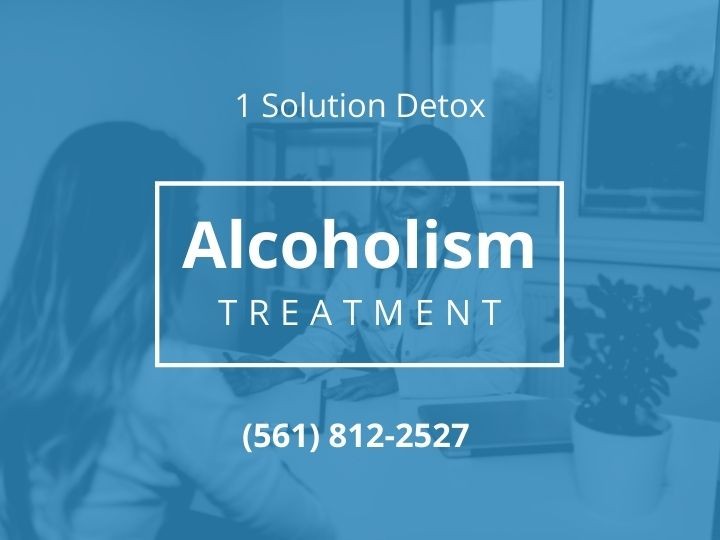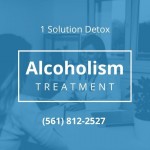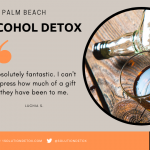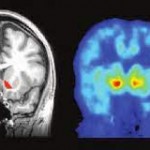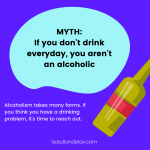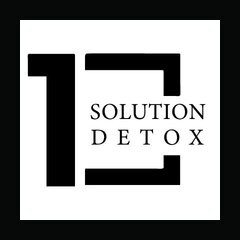Alcohol is the most widely available and socially acceptable drug of abuse in the United States. However, alcohol use is also a global health concern and one of the leading causes of death and disability. Alcohol can cause death directly, by way of cirrhosis, alcohol poisoning or severe alcohol withdrawal, but it also increases the risks for diseases like tuberculosis and cancer, and behavioral consequences like motor vehicle accidents and self-harm.
Upon considering these facts, one might conclude that the best choice for their health is to quit drinking immediately. However, for many heavy drinkers attempting to cut out alcohol “cold turkey” can be extremely dangerous, and even fatal. This article will explain the dangers of alcohol withdrawal, and why getting help at a specialized alcohol detox center may be necessary.
Alcohol Withdrawal
Every year in the United States, over 500,000 cases of severe alcohol withdrawal occur. Withdrawal occurs when an individual undergoes an abrupt cessation of alcohol after prolonged periods of sustained drinking. Essentially, the body adapts to the presence of ethanol in the bloodstream and becomes unable to return to homeostasis when it is removed. Withdrawal is mainly mediated by the decreased effect of the body’s natural inhibitory neurotransmitter GABA, and the increased effect of glutamate, an excitatory amino acid.
Minor Withdrawal Symptoms
Minor alcohol withdrawal symptoms usually begin within 6 hours of an individuals last drink. These symptoms include:
- Insomnia
- Tremulousness
- Mild anxiety
- Gastrointestinal upset, anorexia
- Headache
- Diaphoresis
- Palpitations
If an individual’s withdrawals do not intensify over the next several hours, they are likely to dissipate over the next day or so. Individuals who only experience minor withdrawal symptoms are often good candidates for outpatient detox, also known as ambulatory detox.
Severe Withdrawal Symptoms
One symptom of severe alcohol detox is withdrawal seizures. Heavy and individuals with a history of chronic alcoholism are more likely to experience these generalized convulsions. They typically occur within the first 12 to 48 hours after the last drink. The seizures alone can be dangerous in an unsupervised setting as they can result in falls and choking. However, a more serious danger is also present. Nearly 1 out of 3 individuals experiencing withdrawal seizures will progress to delirium tremens (DT) if they are not treated. Under the care of a physician in a hospital or private detox center, seizures can be controlled with medications like benzodiazepines.
Hallucinations are another symptom of severe alcohol withdrawal. When hallucinations are experienced in combination with disorientation, elevated heartrate and breathing, elevated core temperature, and excessive sweating, the condition is called delirium tremens. DT’s are extremely dangerous and often result in serious conditions like elevated blood pH, hypovolemia (extreme dehydration), and decreased blood flow to the brain. DT’s can last up to 5 days and can actually cause death. Individuals who receive medical care and undergo a medical detox protocol can be spared though. When diagnosed early and properly treated, DT only results in death 5 percent of the time.
Finding a Detox Center
The safest way to prevent dangerous alcohol withdrawal symptoms is to seek help from a professional detox center when quitting drinking. Anyone with an alcohol use disorder should consult a medical practitioner or addiction treatment expert before attempting to quit on their own. According to the Mayo Clinic, alcohol use disorder can be identified by the following signs and symptoms:
- Being unable to limit the amount of alcohol you drink
- Wanting to cut down on how much you drink or making unsuccessful attempts to do so
- Spending a lot of time drinking, getting alcohol or recovering from alcohol use
- Feeling a strong craving or urge to drink alcohol
- Failing to fulfill major obligations at work, school or home due to repeated alcohol use
- Continuing to drink alcohol even though you know it's causing physical, social or interpersonal problems
- Giving up or reducing social and work activities and hobbies
- Using alcohol in situations where it's not safe, such as when driving or swimming
- Developing a tolerance to alcohol so you need more to feel its effect or you have a reduced effect from the same amount
- Experiencing withdrawal symptoms — such as nausea, sweating, and shaking — when you don't drink, or drink to avoid these symptoms
Click the link to learn more about alcohol addiction. Individuals struggling with alcoholism who have questions about alcohol detox, detox programs, or how to find an alcohol detox center in their area can contact 1 Solution Detox in West Palm Beach at the number listed below.
For additional addiction resources in West Palm Beach, Boynton Beach, Lake Worth, Riviera Beach, Delray Beach, or Boca Raton, contact the Palm Beach County Substance Awareness Coalition or Palm Beach County Community Services.
